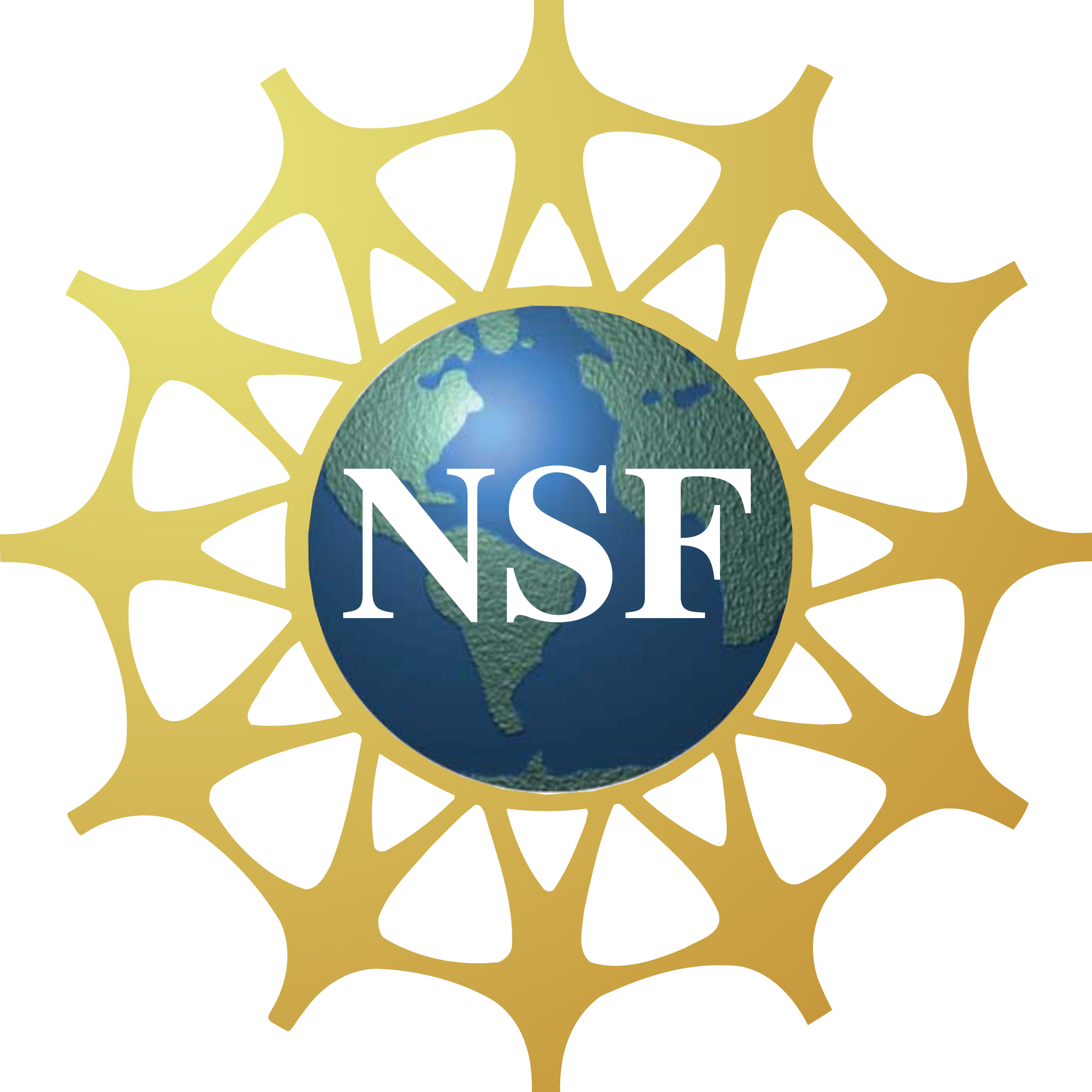The National Science Foundation has awarded a grant of $105,300 to Denison University for support of research by members of the Denison chemistry faculty; Joseph Reczek, Jordan Katz, Annabel Edwards and Kimberly Specht. The grant will purchase a powder X-ray diffractometer (XRD) system, which will enhance research capabilities for both faculty and students at the college.
The floor-sized model will be housed on the main floor of the college’s Ebaugh Laboratories, for ready access by multiple research students. Students will become trained on a sophisticated piece of instrumentation and be able to use it independently. This is crucial to prepare students for graduate school and careers in the chemical industry.
“The XRD will allow measurements that previously were performed offsite to take place at the college,” says Edwards. “For example, we can make a sample and test it right away so we’ll have fast feedback to optimize procedures and efficiently use faculty and student time.
The XRD also will expand the scope of several projects. Researchers now will be able to give a fuller molecular level picture of novel systems and be able to report this to the scientific literature.
In addition, the instrument will be incorporated into several classes in the science curriculum, including classes in general chemistry, inorganic chemistry, materials chemistry and geoscience. The use of cutting edge equipment across Denison’s curriculum promotes an increased student awareness of the critical role fundamental science plays in technological innovation and in finding solutions for many of the critical issues facing our nation.
Research conducted on campus that will benefit from the XRD system includes: research in novel columnar liquid crystalline materials with potential to serve as components in a range of organic electronic applications, including low-cost photovoltaics; research on low-cost solar energy conversion, with the development of mixed metal-oxide nanomaterials; research in well-ordered organo-silicate materials with the potential to serve as biochemically active materials and sensors and; research in water transport through waxy layers, such as those necessary for hydration control in many plants.
November 3, 2015
